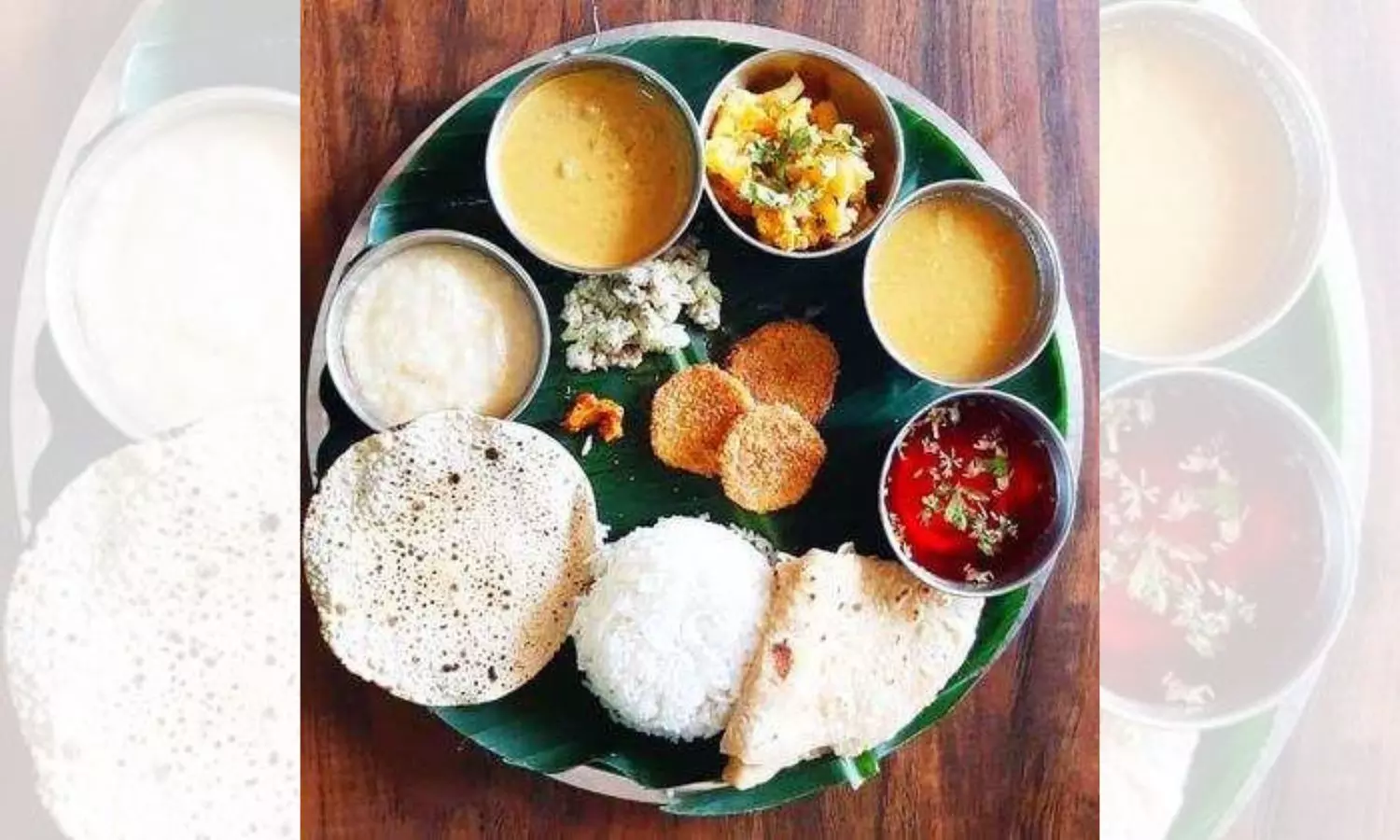Food Habits to Keep You Healthy During Shravan

Mumbai: Shravan is a special and auspicious month in India when devotees of Lord Shiva fast, pray, and embark on a meaningful spiritual journey to seek his blessings. Many follow a specific diet during this time consuming only fruits and milk or dishes without salt, onion, garlic, grains, rice, and lentils. Shravan coincides with the monsoon season, making it a good time for the body to detox and stay healthy. To support devotees during Shravan, the health-centric brand Saffola offers good dietary practices and a holistic approach to wellness that combines nutrition with spiritual practice.
Here are three simple steps you can include in your lifestyle for Shravan this season:
Fuel your fast by embracing smart fats
Fats are a great source of energy, helping you stay light and energetic. Including good fats in your diet is a good step. Snack on almonds, walnuts, cashews, pistachios, and fox nuts between meals. These foods are packed with fibre and vital nutrients, which can also help lower cholesterol. If you choose to have fried snacks, eat them in moderation and opt for those made with blended oils like Saffola Gold. It contains MUFA (Monounsaturated Fatty Acids) and PUFA (Polyunsaturated Fatty Acids) along with essential vitamins and antioxidants making it the right oil for a better snacking experience. However, be mindful of consuming foods made with palm oil, dalda, and margarine, as these unhealthy fats can make you feel sluggish and dampen your fasting spirit.
Make your fast flavourful with nutritious seasonal food
Seasonal produce not only fuels your body while you fast but also comes with loads of health benefits. Fresh fruits such as grapes, litchi, pears, pomegranate, coconuts, and water chestnuts are high in fibre, essential nutrients, and antioxidants. These help keep you fresh and hydrated during the holy season. You can enjoy them plain or turn them into a colourful fruit platter with a sprinkle of chaat masala or make refreshing fruit juices. Seasonal vegetables like sweet potatoes, bottle gourd, pointed gourd, arbi or taro root can be cooked into delicious dishes such as sweet potato or arbi ki tikki. These versatile veggies can also be enjoyed as desserts like Lauki Ki Kheer or Singhada Sheera. Whether eaten plain or as part of a dish, fruits and vegetables will help you stay healthy and energised during your fast.
Fulfill your fast by making wise choices about the intake of salt and added sugar
Managing salt and sugar can be challenging while fasting. Excess salt can cause dehydration and consuming too many sweets can lead to high-calorie, low-nutrient intake. Therefore, it is always wise to be mindful of their intake and enjoy alternatives. For example, while fasting, it is advisable to replace processed sugar with jaggery (gur) which is rich in iron and adds a sweet flavour to your dishes. You can use it in halwa, kheer, or even lassi. Dates are also a great substitute for processed sugar and can help curb your sweet cravings.
Excessive sodium intake can also elevate blood pressure levels, so choosing healthier alternatives is essential. During the fast, you can replace regular salt with sendha namak, also known as rock salt. It is important to be mindful of high-sodium snacks like highly processed chips, namkeen, and pickles. Making these simple swaps can help you stay healthy and energised while fasting.
Being informed and taking the right steps to support your well-being during this spiritual season is crucial. Adopting good dietary practices, being mindful of what you consume, and taking #RozKaHealthyStep are key to maintaining a positive frame of mind, making it easier to focus and meditate. Every decision contributes to your holistic health. Continuing these healthy habits into your everyday life, beyond the fast is a wise choice.
